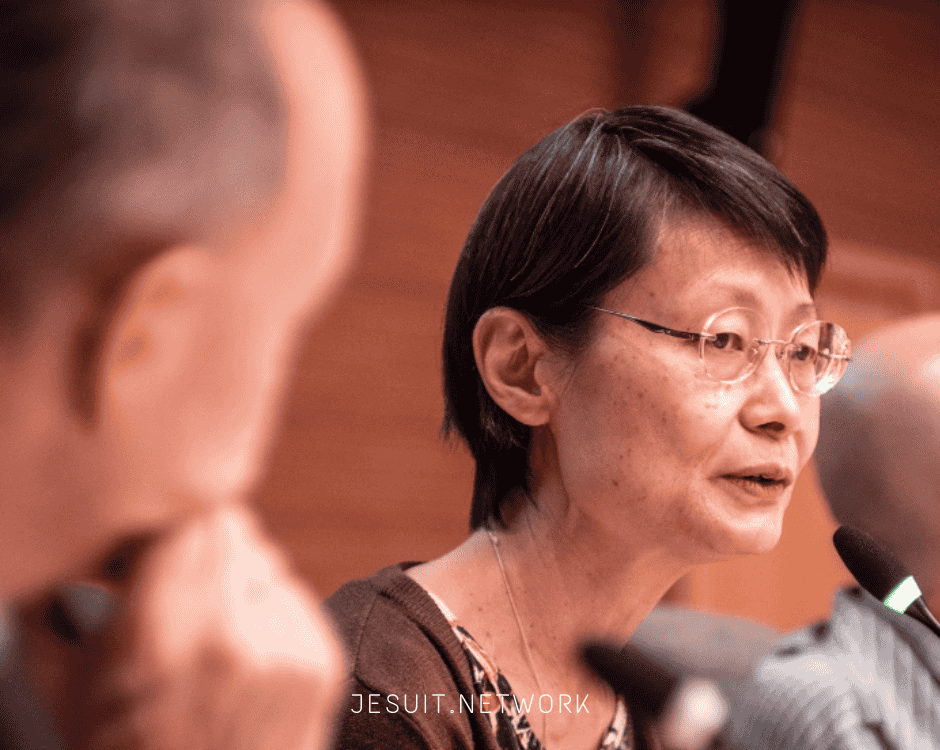Este sitio web utiliza cookies para que podamos ofrecerle la mejor experiencia de usuario posible. La información sobre cookies se almacena en su navegador y realiza funciones como reconocerle cuando vuelve a nuestro sitio web y ayudar a nuestro equipo a comprender qué secciones del sitio web le resultan más interesantes y útiles.
7 Key Points on Networking and New Leadership
A few months ago, national directors of Fe y Alegría, one of the largest Jesuit educational networks, gathered together in Bolivia to participate in an annual assembly as well as in a workshop on networks. Here are some of the insights that emerged from that meeting:
1) Networking shouldn’t be a trend, but a way of proceeding. We choose networks that encourage collaborative culture. They democratize power, from the perspective of subsidiarity and responsibility. Networks launch us not only to create better connections between us, but also to open ourselves to collaborative work with different people, which is always a source of wealth and fruitfulness. Networking brings about a cultural change both at the individual and at the organizational level.
2) What do we mean when we talk about networking? We mean collaboration between peers, networks that learn from communicating and sharing knowledge and experience. We mean networks with clear objectives, open to real participation and that promote a culture of participation. Networks that are continually working, not just in specific moments. We must promote transparent networks, which generate confidence, foster collaboration and generate innovation.
3) Networking as a way to promote movements. Networks complement and balance our institutions. Networks do not replace decision-making bodies, but they make them more democratic and coherent. We must dare to address changes in structures, where hierarchy and networked structures exist together.
4) We seek to do good and we do it well when we are faithful to our mission, when we learn from others, when we accompany processes closely, when expectations and actions are adjusted, when we start from the refined context analysis, putting people at the center, when we are able to build synergies with others and with other experiences, when everyone gives their best and we give up the short-term vision, focusing on the strategic perspective…this is when we make room for the Spirit and the impossible becomes possible. In contrast, when we abandon processes to their fate, when the strategic vision has been invaded by opportunism, when we have not invested time in real participation, when the institution with its complex mechanisms or inefficiencies drowns the spirit; then we just leave room for failure.
5) We are looking for new communication systems. Networking projects must be known and shared as much as possible. For this we need our network to be able to generate relevant and interactive communication. We must move beyond ourselves and be willing to take a stand and communicate outward.
6) We need new leadership styles: We need inspiring leadership, facilitators of consensus, based on trust. We also need shared leadership, leadership that catalyzes and persuades; Empathetic leadership in which we understand and hold on to the position of others, leadership that opens new relationships in teams, which are concerned that the nodes are properly connected.
7) Elements for change management. We must devote special attention to formation and to accompanying teams at all levels of the network. When we reflect on who we are, what we do and what we need, we recognize the potential of our networking. We all need each other. We can all contribute. There are common purposes. There are no isolated issues. Whenever faced with new challenges or needs, a member of the network always steps in with the capacity and enthusiasm to lead.
Photo: Elisa García Paleo





